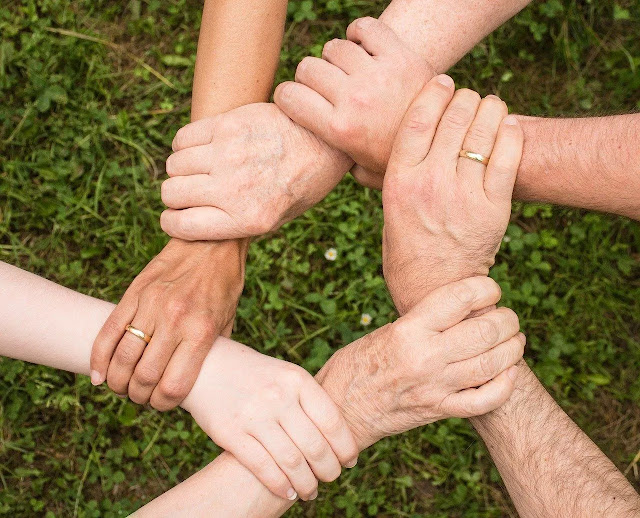What is Inclusiveness?
Inclusiveness is the process of including socially and economically backward people of various caste, cultures, gender, language, etc. in the mainstream of development by providing education, employment, and various opportunities by the state people belonging to any caste, race, religion, gender, etc. are entitled to these opportunities. The state needs to ensure that these rights are enjoyed by every citizen of the country.

Nepal is a geographically diverse country. It is divided into different regions: Mountain, Hilly, and Terai. Similarly, we can find diversity in weather, animals, plants, and Herbs in Nepal. The People’s Lifestyle varies according to regions. People living in different part of the country have their own language, costume and culture. Different people belonging to different caste reside in the Nepalese society. Buddhists, Hindus, Muslims, Kirants, Christians, etc. are the different religious regions followed by the Nepalese people.
Nepal is a country of permanent residence of people with different languages, religions, gender, culture, etc. Our national identity is Nepali. No one should feel neglected and bias any circumstances. The citizens deserve respect and should be treated equally. A harmonious environment should be created for all Nepal is to be proud of their motherland. It is the responsibility of the government to create such an environment.
It is difficult to give equal opportunity to all unless and until all the races and communities are at the same level. The state has to be responsible for all the people belonging to different social, cultural, racial, religious, financial, lingual, Gender, and disabled/oppressed groups.
The state has to formulate effective policies and programs to gain this objective. These objectives ensure the inclusion of all people.
Some important points to be adopted in the process of inclusion are:
- Are to ensure proportional representation in all state bodies,
- To ensure the opportunity of education, health, and employment,
- To secure seats for all minority/oppressed e group in the process of policy and decision making,
- To respect The Identity of all the cast, race, language, religion, and gender,
- To ensure the citizens about the existence of law and Justice,
- To provide the disabled and handicapped people with special opportunities,
- Equal participation of all in the developmental process and maintain the regional balance,
- To maintain social harmony, religious and cultural tolerance